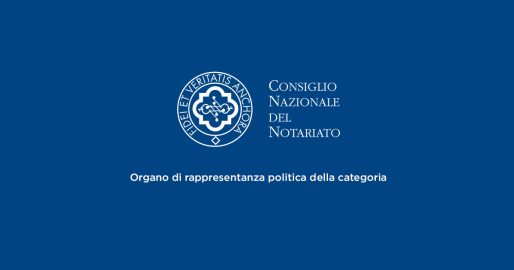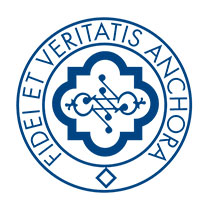From 16 February there will be free entry to the first public collection of the original wills of Great Personages who wrote the history of Italy: these come from the various District Notarial Archives, the State Archives or national museums.
The “Wills of Great Italians” exhibition – arranged by the National Council of Notaries and the Italian Notarial Foundation, in collaboration with the “150th Mission” Technical Unit of the Prime Minister’s Office and the Department of Cultural Policy and Historical Centre of Roma Capitale – will remain open until 17 March, every day from 10.00 a.m. to 6 p.m. in the Archivio Storico Capitolino (Historical Capitoline Archive) at 4 Piazza dell’Orologio, Rome.
The presentation on 13 February at the Campidoglio was made by the Councillor for Cultural Policy and Historical Centre, Dino Gasperini, together with Giancarlo Bravi, Coordinator of the Technical Unit, Paolo Setti, Vice-President of the National Council of Notaries, Orietta Verdi of the State Archive of Rome and Maria Rosaria Senofonte, Director of the Historical Capitoline Archive.
The exhibition is one of the great public events linked to the celebrations of 150 years since the Unification of Italy and is intended to evoke the important values represented by the human face of historical figures who are almost all present in the collective memory of the public and who, from unification on, distinguished themselves while enhancing the image of Italian capabilities in the world.
Not just material legacies but above all moral and philosophical ones. And there’s no shortage of points of interest. Garibaldi asks to be cremated “with Caprera wood” and dressed in a red shirt, while Cavour decides to leave part of his assets to build a kindergarten in his city. Gioacchino Belli, instead, leaves everything to his 13-year-old son, nominating no fewer than 10 guardians for fear they might die of cholera.
Specifically, it will be possible to view the wills of:
- Giovanni Verga
- Luigi Pirandello
- Giuseppe Zanardelli
- Gabriele D’annunzio
- Lina Cavalieri
- Enrico Caruso
- Enzo Ferrari
- Giovanni Pascoli
- Giuseppe Verdi
- Pope John XXIII
- Enrico De Nicola
- Camillo Benso Count of Cavour
- Grazia Deledda
- Guglielmo Marconi
- Alfonso La Marmora
- Eduardo Scarpetta
- Giovanni Agnelli Senior
- Giorgio Ambrosoli
- Alcide De Gasperi
- Alessandro Manzoni
- Giuseppe Garibaldi
- Gioachino Belli
- Antonio Fogazzaro
- Ettore Petrolini
- Pope Paul VI.
“On 17 March,” said Gasperini , “we’ll see the conclusion of a marvellous effort that has brought the history of the country into focus. This exhibition is a way of letting history be recounted by those who wrote it and that in a place, the Historical Capitoline Archive, where history itself was made. It’s a way of reading Rome itself.”
“This exhibition,” added Bravi, “is an integral part of the 150th celebrations because it is a question of memory. Testamentary dispositions project a man’s nature into the future. I expect a copy of the will written by Garibaldi will be put on show in the Caprera museum that will be opened on 4 July by the Head of State”.
For this occasion, the National Council of Notaries has had restoration work done on the codicil to Giuseppe Garibaldi’s will, handwritten by him the day before he died on Caprera.
The Italian Notarial Foundation has also decided to finance a one-year ten-thousand-euro scholarship reserved for graduates in the history-law-humanities disciplines with a specialisation in archiving, for the indexing of 62 volumes containing notarial documents from the sixteenth century which are kept at the Historical Capitoline Archives in the Urban Notarial Archive. The goal is to create a computerised tool for more rapid access to these documents which will provide new insights into sixteenth-century Rome, a city which was the epicentre of commercial operations, artistic commissions, conveyancing contracts, marriage settlements and wills and testaments.






